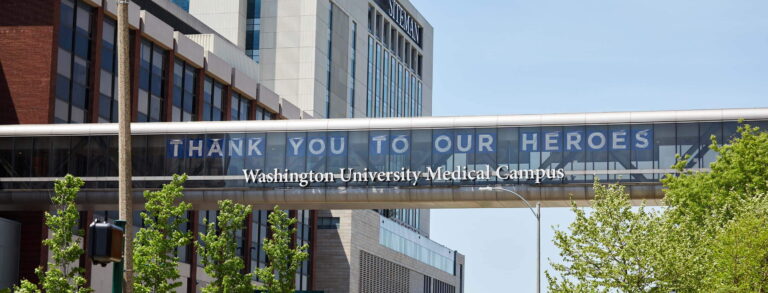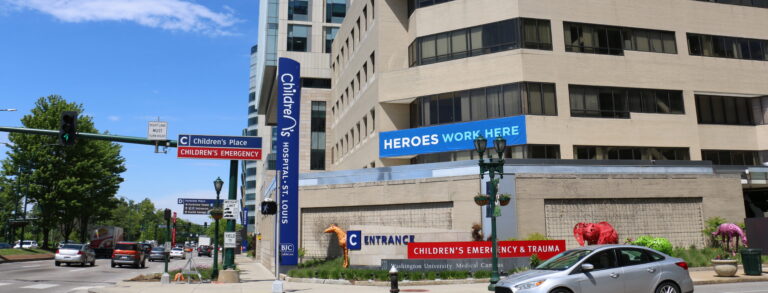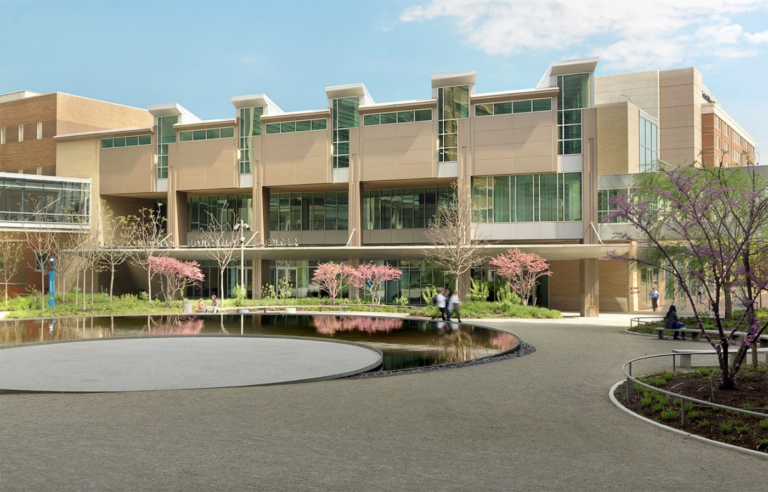Items
Di Paola Lab
Jorge Di Paola, MD
Division of Hematology & Oncology
Discovering genetic and biological determinants of bleeding and thrombosis our lab combines expertise in genomics, bioinformatics and molecular biology to uncover mechanisms underlying disorders such as von Willebrand disease and platelet dysfunction. We develop interactive genomic databases, investigate mutations like NBEAL2 and ETV6 and use CRISPR-modified mice to study hemostasis. Our goal is to translate these insights into novel therapies that improve quality of life for patients with bleeding and thrombotic disorders.
Dickson Lab
Patricia Dickson, MD
Division of Genetics and Genomic Medicine
Advancing therapies for MPS disorders, the Dickson Laboratory investigates lysosomal enzyme deficiencies that disrupt glycosaminoglycan metabolism and lead to severe neurological complications. Focused on cerebrospinal fluid delivery of recombinant enzymes, our research demonstrates widespread biodistribution and correction of lysosomal storage in MPS models. By integrating neuroimaging, neuropathology and immune response studies, we bridge bench-to-bedside efforts that include clinical trials aimed at transforming outcomes for patients with these devastating conditions.
Diversity and Inclusion Forum for Faculty & Staff (DIFFS)
Fostering inclusion through advocacy and connection
Creating a supportive network for underrepresented faculty and staff, the Diversity and Inclusion Forum for Faculty & Staff (DIFFS) promotes equity and cultural awareness across Washington University. Through programs, mentoring and collaborative initiatives, DIFFS works to strengthen community and advance a welcoming environment for all.
Emergency Medicine
Providing immediate, child-focused care when it matters most our team at St. Louis Children’s Hospital delivers expert emergency services in a safe, supportive environment. As the region’s only Level 1 pediatric trauma center, we offer specialized care for urgent needs with access to nationally ranked pediatric specialists.
Emergency Medicine
Division of Emergency Medicine
Producing physicians who are master clinicians in the care of acutely ill and injured children, this fellowship combines outstanding clinical training with opportunities to become expert educators and conduct research that advances emergency medicine. Emphasizing individualized learning plans, flexible elective time and robust mentoring, the program helps fellows develop the skills and expertise needed to pursue fulfilling career paths aligned with their personal interests.

Emergency Medicine
Delivering expert emergency care with compassion and innovation
Providing timely, family-centered care, we treat children with acute illnesses, injuries and trauma at two dedicated locations, including a Level 1 pediatric trauma center. Our team combines advanced clinical expertise with research and education to improve outcomes, prevent harm and support the health and safety of children in our community.
Endocrinology & Diabetes
Delivering comprehensive endocrine care for children across the region our team provides advanced diagnostic and treatment services for conditions such as diabetes, growth disorders and thyroid disease. Through family-centered programs, community education and advocacy, we empower patients to thrive while leading research and outreach to improve care for rare and complex disorders.

Endocrinology & Diabetes
Transforming care for endocrine and metabolic disorders through innovation and collaboration
Combining compassionate clinical care with pioneering research, we provide comprehensive services for children with diabetes, growth disorders and other endocrine conditions. Our team is dedicated to advancing treatment strategies, educating future leaders and fostering partnerships that improve outcomes and empower families.
Endocrinology Fellowship
Division of Endocrinology & Diabetes
Preparing pediatricians for academic careers in pediatric endocrinology, this three-year ACGME-accredited program offers comprehensive training for those aspiring to become master clinicians, academic attendings or researchers in basic science or clinical practice. Our faculty is committed to helping fellows establish themselves as leaders in pediatric endocrinology.

Eric P. Newman Education Center (EPNEC)
The Eric P. Newman Education Center (EPNEC) is a premier meeting and event facility located on the Washington University Medical Campus. Conveniently accessible by car, it’s just a 20-minute drive from Lambert St. Louis International Airport.
EPNEC offers 21,000 square feet of fully equipped, ADA-accessible conference space. Designed for comfort, the center features ergonomically appointed furnishings to keep attendees comfortable — whether for a one-hour meeting or an all-day event.